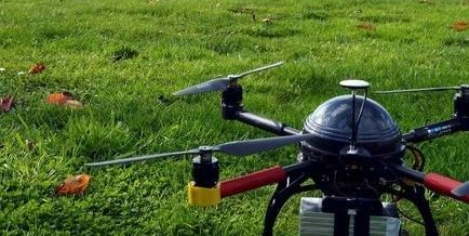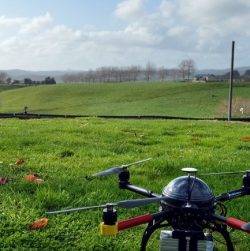March 16, 2018
Full fibre broadband could deliver £120bn boost to UK economy
 A new study conducted by economic consultancy Regeneris, and commissioned by Cityfibre, claims that the total economic impact of deploying full fibre ultrafast broadband networks across 100 UK city and towns, could reach £120bn over a 15 year period. The study examined ten areas of the UK economy likely to benefit from full fibre roll-outs. It also sought to quantify the impact of each of these areas in 100 distinct UK town and city economies over a 15-year period. According to the researchers, the UK’s business community – and most particularly its small and medium sized companies – could stand to benefit enormously. Access to full fibre could unlock £4.5bn in business productivity, innovation and access to new markets in these locations; a further £2.3bn in growth could be driven from catalysing new business start-ups; while the increased ability for companies to support flexible working could add £1.9bn.
A new study conducted by economic consultancy Regeneris, and commissioned by Cityfibre, claims that the total economic impact of deploying full fibre ultrafast broadband networks across 100 UK city and towns, could reach £120bn over a 15 year period. The study examined ten areas of the UK economy likely to benefit from full fibre roll-outs. It also sought to quantify the impact of each of these areas in 100 distinct UK town and city economies over a 15-year period. According to the researchers, the UK’s business community – and most particularly its small and medium sized companies – could stand to benefit enormously. Access to full fibre could unlock £4.5bn in business productivity, innovation and access to new markets in these locations; a further £2.3bn in growth could be driven from catalysing new business start-ups; while the increased ability for companies to support flexible working could add £1.9bn.













 The proportion of flexible space within occupier portfolios will continue to increase in 2018; a growing adoption of technology will redefine buildings, workplaces and portfolios; and it will be a year of decision for many businesses regarding Brexit. These are among the ‘UK Property Predictions 2018’ report from JLL which covers a range of different topics, with a particular focus on UK corporate occupiers. The report claims that traditional static portfolio concepts are being redesigned to incorporate new formats of space, co-working and a more fluid and diverse range of space options that support creativity, innovation and collaboration.
The proportion of flexible space within occupier portfolios will continue to increase in 2018; a growing adoption of technology will redefine buildings, workplaces and portfolios; and it will be a year of decision for many businesses regarding Brexit. These are among the ‘UK Property Predictions 2018’ report from JLL which covers a range of different topics, with a particular focus on UK corporate occupiers. The report claims that traditional static portfolio concepts are being redesigned to incorporate new formats of space, co-working and a more fluid and diverse range of space options that support creativity, innovation and collaboration. 



 The number of large scale Internet of Things (IoT) projects have doubled in the last year, as projects move from small pilots to global rollouts, according to Vodafone’s fifth annual IoT Barometer Report. The range of benefits that users are getting from IoT is also widening as adoption increases – greater business insights, reduced costs and improved employee productivity top the list globally. Large scale users report some of the biggest business gains with 67 percent of them highlighting significant returns from the use of IoT. Energy and utility companies are at the forefront of the largest IoT projects worldwide, with applications such as smart meters and pipeline monitoring. Security in IoT is still the biggest barrier for organisations regarding deployment. However, in companies with 10,000 or more connected devices in operation only 7 percent say security is their top worry. Organisations are taking more steps to tackle security concerns including an increase in security training for existing staff, working with specialist security providers and recruiting more IT security specialists.
The number of large scale Internet of Things (IoT) projects have doubled in the last year, as projects move from small pilots to global rollouts, according to Vodafone’s fifth annual IoT Barometer Report. The range of benefits that users are getting from IoT is also widening as adoption increases – greater business insights, reduced costs and improved employee productivity top the list globally. Large scale users report some of the biggest business gains with 67 percent of them highlighting significant returns from the use of IoT. Energy and utility companies are at the forefront of the largest IoT projects worldwide, with applications such as smart meters and pipeline monitoring. Security in IoT is still the biggest barrier for organisations regarding deployment. However, in companies with 10,000 or more connected devices in operation only 7 percent say security is their top worry. Organisations are taking more steps to tackle security concerns including an increase in security training for existing staff, working with specialist security providers and recruiting more IT security specialists.







March 20, 2018
Enter the MIPIM bandwagon, towed by pink elephants
by Anna King • Comment, Property, Technology
(more…)